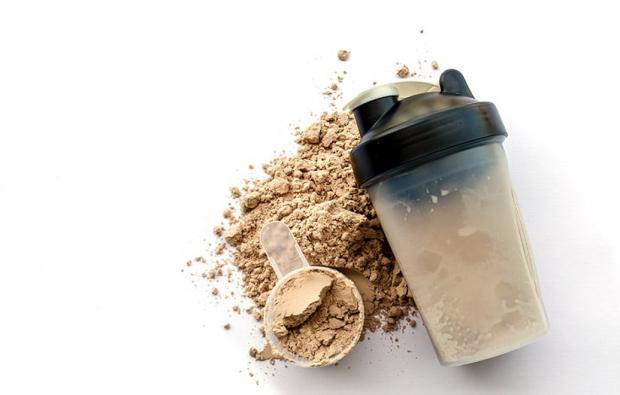
Breaking News
 A Critical Review of Impacts of Greenhouse Gas Emissions on the U.S. Climate
A Critical Review of Impacts of Greenhouse Gas Emissions on the U.S. Climate
 The Great Reject is Upon Us! - #SolutionsWatch
The Great Reject is Upon Us! - #SolutionsWatch
 Google is issuing a call to action:
Google is issuing a call to action:
 Be first, be smarter, or cheat
Be first, be smarter, or cheat
Top Tech News
 Drone-launching underwater drone hitches a ride on ship and sub hulls
Drone-launching underwater drone hitches a ride on ship and sub hulls
 Humanoid Robots Get "Brains" As Dual-Use Fears Mount
Humanoid Robots Get "Brains" As Dual-Use Fears Mount
 SpaceX Authorized to Increase High Speed Internet Download Speeds 5X Through 2026
SpaceX Authorized to Increase High Speed Internet Download Speeds 5X Through 2026
 Space AI is the Key to the Technological Singularity
Space AI is the Key to the Technological Singularity
 Velocitor X-1 eVTOL could be beating the traffic in just a year
Velocitor X-1 eVTOL could be beating the traffic in just a year
 Starlink smasher? China claims world's best high-powered microwave weapon
Starlink smasher? China claims world's best high-powered microwave weapon
 Wood scraps turn 'useless' desert sand into concrete
Wood scraps turn 'useless' desert sand into concrete
 Let's Do a Detailed Review of Zorin -- Is This Good for Ex-Windows Users?
Let's Do a Detailed Review of Zorin -- Is This Good for Ex-Windows Users?
 The World's First Sodium-Ion Battery EV Is A Winter Range Monster
The World's First Sodium-Ion Battery EV Is A Winter Range Monster
 China's CATL 5C Battery Breakthrough will Make Most Combustion Engine Vehicles OBSOLETE
China's CATL 5C Battery Breakthrough will Make Most Combustion Engine Vehicles OBSOLETE
Popular protein powders contain up to 16x more lead than deemed safe

We don't even consider that it might also be packed with dangerously high levels of lead. But this is what a new report has found, analyzing 23 popular protein supplements on US shelves.
In a new Consumer Reports (CR) investigation, a team of researchers tested 23 protein powders and ready-to-drink shakes from popular brands, finding that heavy metal contamination is more common than traditionally thought, flagging new concerns about how healthy these health products actually are.
"It's concerning that these results are even worse than the last time we tested," said Tunde Akinleye, a CR food safety researcher who led the project. "This time, in addition to the average level of lead being higher than what we found 15 years ago, there were also fewer products with undetectable amounts of it. The outliers also packed a heavier punch. Naked Nutrition's Vegan Mass Gainer powder, the product with the highest lead levels, had nearly twice as much lead per serving as the worst product we analyzed in 2010."
Plant-based products fared the worst, most likely due to how crops absorb heavy metals from the soil, and the amount of concentrated ingredients that make up this type of supplement. The plant-based products all centered on pea protein, which has become increasingly popular in recent years. Two of the powders CR tested had so much lead that researchers advise consumers to avoid them altogether. One serving (usually one or two scoops) contained between 1,200% and 1,600% the "level of concern" for lead (0.5 micrograms per day). Two others had 400% to 600% of that 0.5 μg daily amount. Overall, the lead levels in plant-based powders were nine times higher than those found in whey protein supplements and twice as high as beef-based products.
Dairy-based powders and shakes had the lowest amounts of lead, however, half of the products had levels high enough that the researchers advise against daily consumption. The primary sources of heavy metal contamination in the cow's environment, said Akinleye, are feed, water and soil.
"For many people, there's more to lose than you're gaining," says Akinleye, who suggests that protein-powder enthusiasts aren't at risk of immediate harm but should perhaps reduce their consumption.
Undertaking their testing project, CR researchers sourced several samples of each product from different stores over a three-month period from November 2024. Samples from multiple batches of each of the 23 different products were analyzed to assess total protein, arsenic, cadmium, lead and other elements. The results were averaged, but researchers also note that the findings may not be a precise reflection of what's currently on offer from the companies given the time lag. (For more details on the testing methods, see the methodology sheet).



